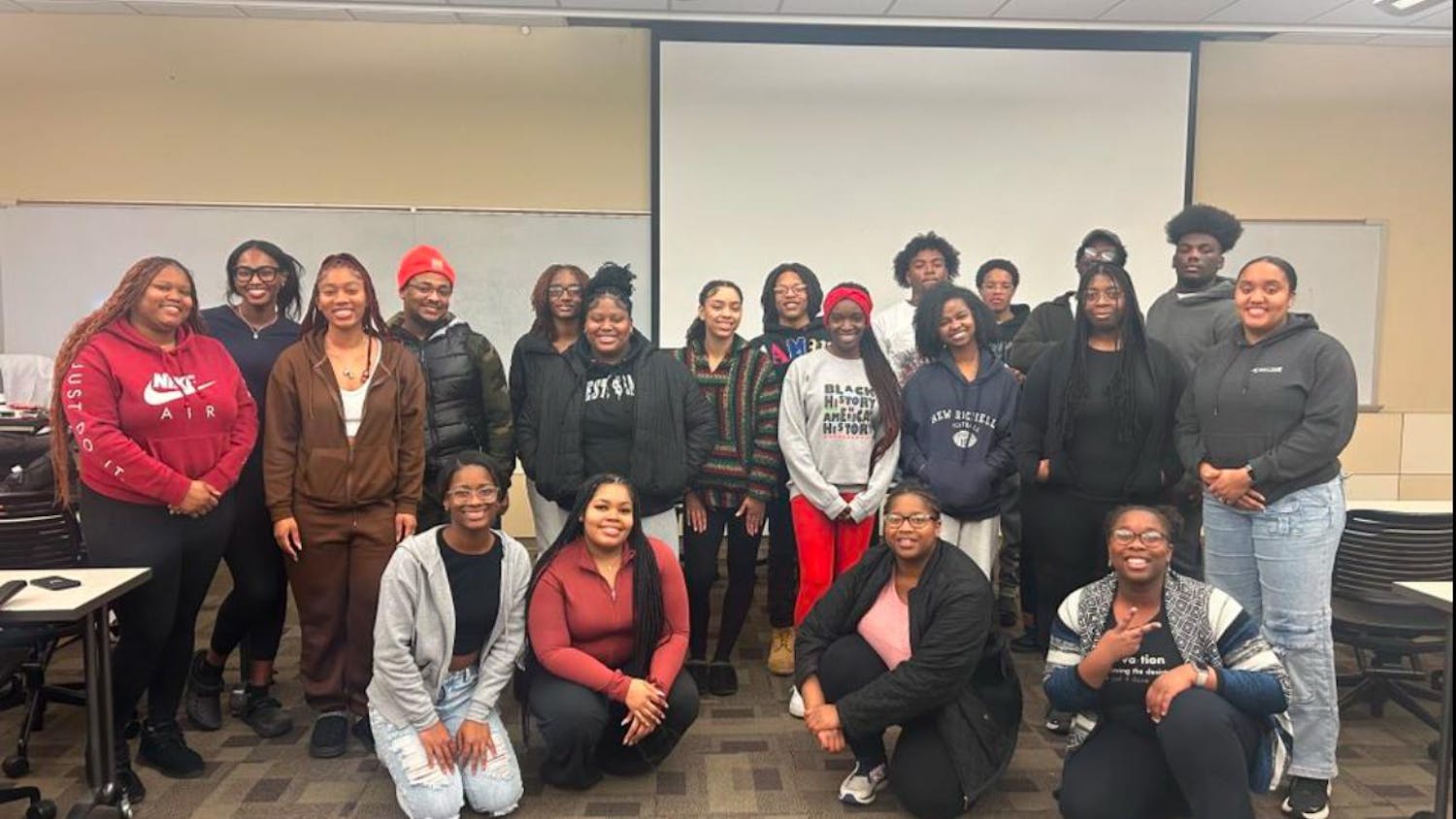On Tuesday, October 17 the School of Public and International Affairs (SPIA) hosted a panel on relations between the U.S. and North Korea. It was held in the Student Union Discovery room and was open to the public.
The event was organized by December Green, the chair of SPIA, along with Eva Chamberlain, Chair of Religion, Philosophy, & Classics, and Jon Winkler, Chair of the History department.
Each panelist spoke for about ten minutes each, applying their own area of expertise to North Korea. Panelists included Winkler, Jud Murray, professor of Religion, Chris Martin, North Korea Military Analyst, and professors Donna Schlagheck, Laura Luehrmann, and Liam Anderson of the Political Science department.
Following all remarks, the discussion was opened up to attendees, who had the chance to ask questions directly to the panelists.
According to Luehrmann, the North Korean crisis is a multi-dimensional issue that faculty hope to increase awareness and foster an ongoing dialogue about. “One of [SPIA’s] primary missions is to respond to contemporary issues and help educate the university community about global and local issues of importance,” said Luehrmann.
“[The panel] depends on specific areas of expertise,” said Anderson, who focused on weapons of mass destruction. According to Anderson, a military option is no longer viable for the United States when dealing with North Korea. It is very likely their missile program has advanced to the point at which they are able, or soon to be able to deliver a nuclear weapon on the end of a missile.
“A military option is no longer viable for the U.S.,” said Anderson. “There has to be a diplomatic solution for North Korea. Any military option would, at the minimum, kill tens of thousands of Americans, let alone potential millions of Japanese or South Koreans.”
In the long-term, the U.S. should strive to completely denuclearize North Korea, but for the time-being, the focus should be putting a freeze on their nuclear weapons program, according to Luehrmann. “It should be the hope of everybody in the world that the U.S. pursue a non-military option,” said Luehrmann.












